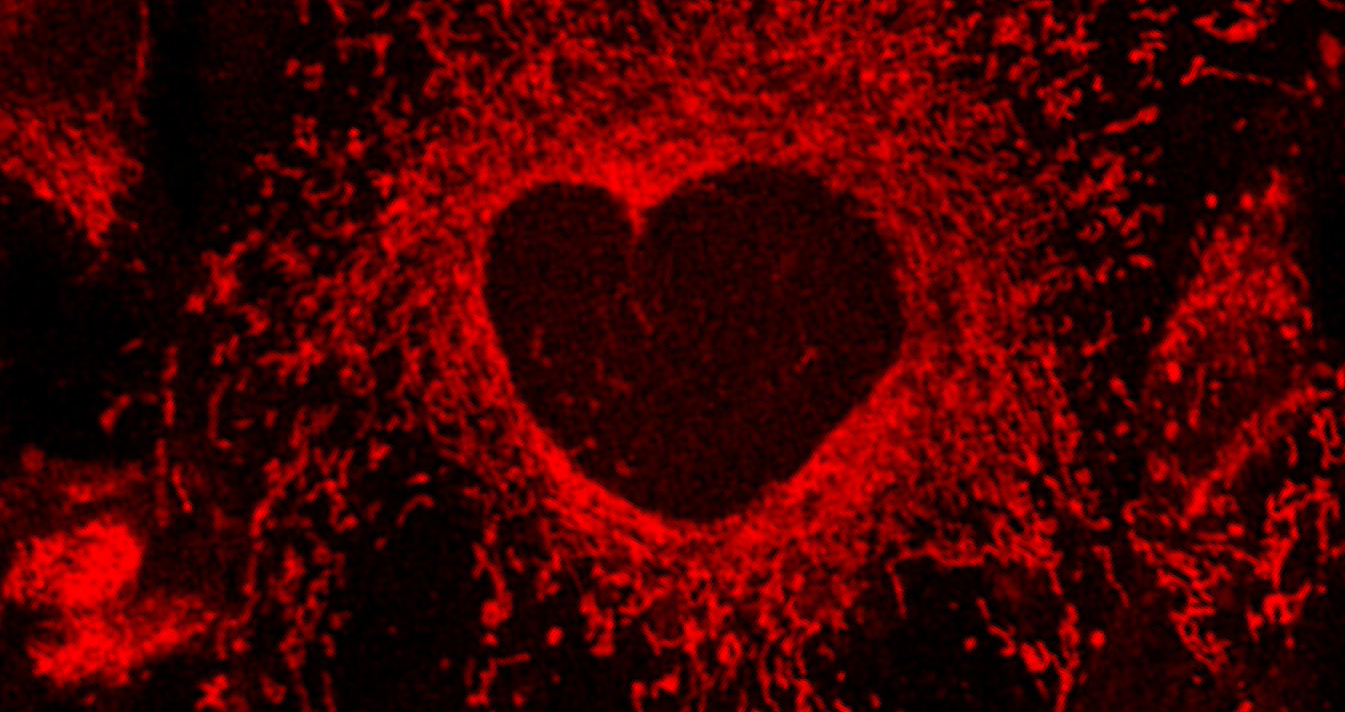Group leader: Filippo Tempia

Pathophysiology of genetic human spino-cerebellar ataxias
Main goal
The experiments of our laboratory are aimed at discovering the mechanisms responsible for some rare human spinocerebellar ataxias (SCA), for which at present no therapy is available. Our lab contributed to the discovery of SCA28 and of SCA38 and we are currently studying their pathogenic mechanisms of SCA38. The final goal of our research is to identify mechanisms the can be targeted by specific therapies.
SCA38
In collaboration with Dr. Borroni (Neurology, Univ. of Brescia), Dr. Brusco (Genetics, Univ. of Torino), Dr. Caruso and Dr. Mitro (Biochemistry, Univ. of Milano) we are studying the mechanisms responsible for cerebellar deficits and cell degeneration in an animal model of SCA38. This research is financially supported by Telethon-Italy.
Projects
We recently validated an animal model of SCA38, finding motor deficits and cerebellar atrophy, similarly to patients. Now we are investigating the functional deficits in synaptic transmission and in the generation and conduction of nerve impulses in the cerebellum.
Animal models of neuropsychiatric diseases
Main goal
These lines of research regard the cellular and molecular mechanisms of autism spectrum disorders (ASD), anxiety and mood disorders.
Experimental models
ASD
Projects of our lab involve animal models of autism, in collaboration with prof. Consalez (San Raffaele University, Milano) and prof Verpelli (CNR, Milano). We plan to investigate a novel transduction pathway not yet studied in relation to autism. We focus on the cerebellum because this brain region displays developmental and functional deficits in both patients and animal models.
Mood disorders
Another research line regards a specific animal model, with a genetic modification that confers resilience to anxiety and depression. We plan to identify the brain regions where the genetic mutation acts to modulate mood. In those regions we plan to study the differences in neural signaling relative to controls. We also plan, in collaboration with the University of Texas Medical Branch (USA) to test novel drugs that mimic the effect of the genetic modification, opening the way to a new generation of antidepressant treatments.
News
Mice harbouring a SCA28 patient mutation in AFG3L2 develop late-onset ataxia associated with enhanced mitochondrial proteotoxicity
Neurobiology of Disease
,
30 October 2018
Mancini C, Hoxha E, Iommarini L, Brussino A, Richter U, Montarolo F, Cagnoli C, Parolisi R, Gondor Morosini DI, Nicolò V, Maltecca F, Muratori L, Ronchi G, Geuna S, Arnaboldi F, Donetti E, Giorgio E, Cavalieri S, Di Gregorio E, Pozzi E, Ferrero M, Riberi E, Casari G, Altruda F, Turco E, Gasparre G, Battersby B, Porcelli A, Ferrero E, Brusco A, Tempia F.








